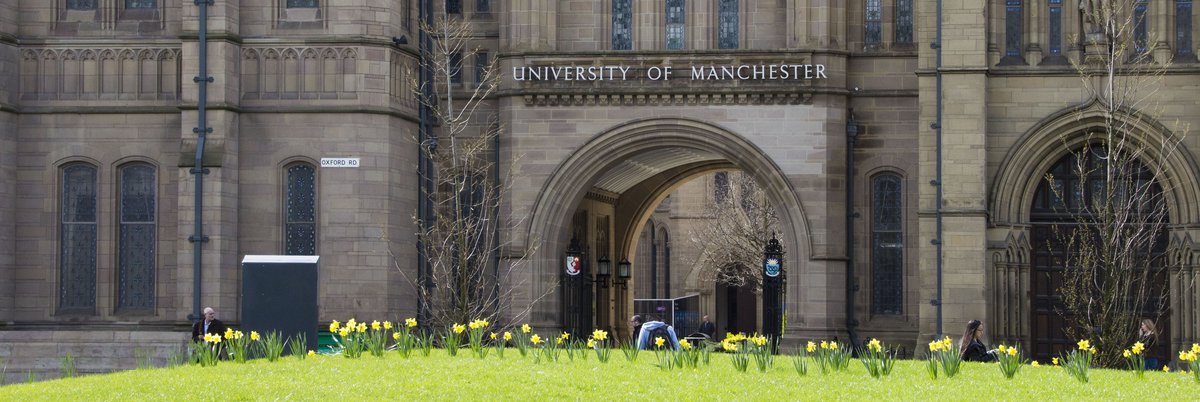The Need for Action
This tool responds to the urgent need to decarbonise our travel activities. Aviation accounts for around 2-3% of the planet's CO2 emissions in any given year, but when one considers other greenhouse gases and the way in which these emissions interact with the atmosphere, it plays an even greater role in warming.
Aviation is also expected to be one of the most difficult sectors to decarbonise, with low carbon solutions not expected to proliferate at the rate required. At the same time, the International Civil Aviation Authority (ICAO) predict that aviation is expected to grow by 4.3% per annum over the next 20 years.
Some have argued that offsetting - compensating for these emissions by making reductions elsewhere or even removing them from the atmosphere - might be a solution. However, there are a series of questions around the additionality, permanence and quantification of these offsets that means we cannot guarantee that they will not simply make matters worse. At the same time, Negative Emissions Technologies (NETs), which physically remove carbon from the atmosphere and in some cases are able to move beyond these shortcomings, are currently small in scale and highly expensive. As such, the way we travel has to change.

Air travel is also an enormously privileged activity. Just 1% of the world’s population caused half of aviation’s carbon emissions in 2018. As such, changing the travel practices of frequent flyers can have the greatest impact on carbon emissions.
The Tyndall Centre for Climate Change Research at The University of Manchester have suggested a carbon budget of 1,200 million tonnes of CO2 for the UK as a whole between 2020 and 2100. Their suggested pathway is that emissions remain constant to 2030 and reduce to zero by 2075. The Committee on Climate Change (CCC) call for even quicker cuts in the near term. Those that engage in flying have a key role to play in ensuring that these cuts, or even deeper cuts, are made moving forwards. Institutions like The University of Manchester also have a crucial role to play in their social and environmental responsibility agendas.
Road vehicles, meanwhile, account for nearly three-quarters of transport emissions globally. Within the UK, cars comprise 55% of its transport emissions - which have remained roughly the same for a decade, as greater fuel efficiency has been offset by an increase in miles driven. There is a clear an urgent need to reduce these emissions. Whilst electric vehicles, which do produce fewer emissions over their lifetime, may increasingly be an alternative, utilising public transport such as rail or buses will help to conserve our limited low and zero carbon electricity supply, decrease congestion and promote more inclusive transport modes.
The role of the University
The University of Manchester is aiming to reduce business air travel. In its 2016-2020 strategy, it was aiming for a 12% reduction in passenger kms by 2022 against 2014/15 levels. Where staff travel is deemed necessary, the University of Manchester's Travel Policy requires staff to consider the environmental sustainability implications of how they travel. Development of the new environmental sustainability strategy is underway. As part of this, the Environmental Sustainability Team will revise and strengthen the University’s Travel Policy and introduce a carbon reduction target which reflects the radical impact the pandemic has had upon the way we all work.

